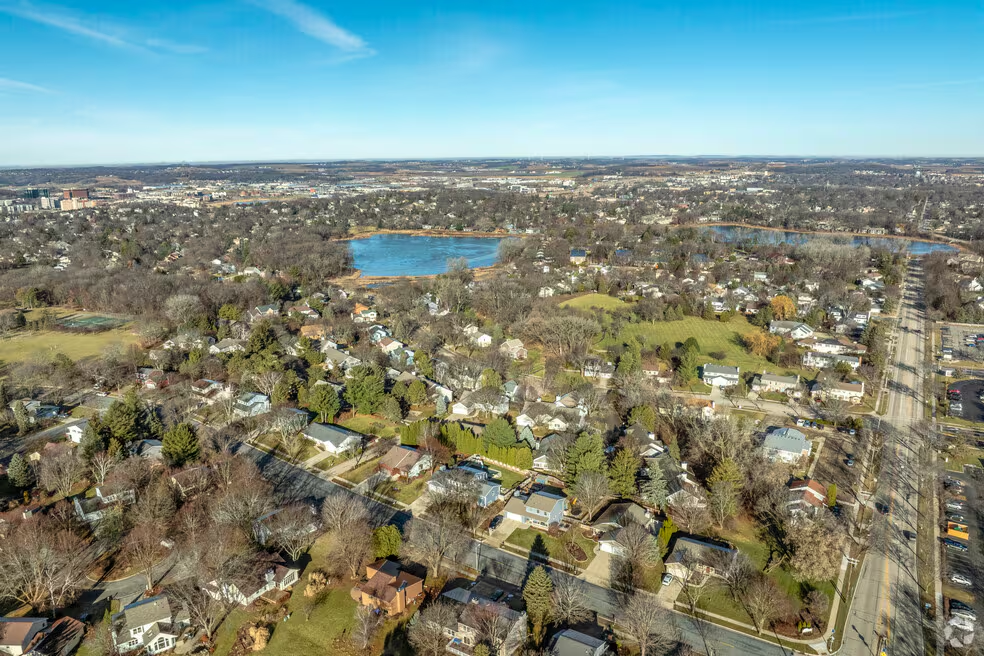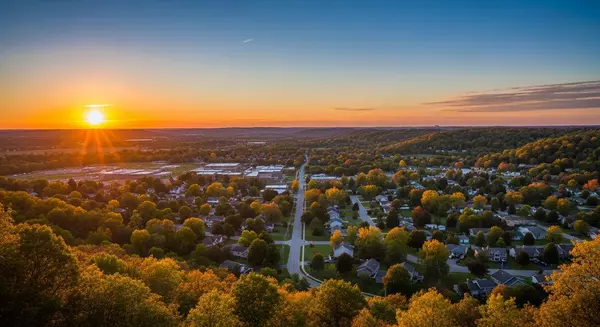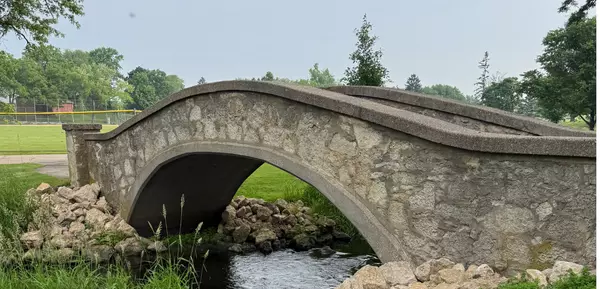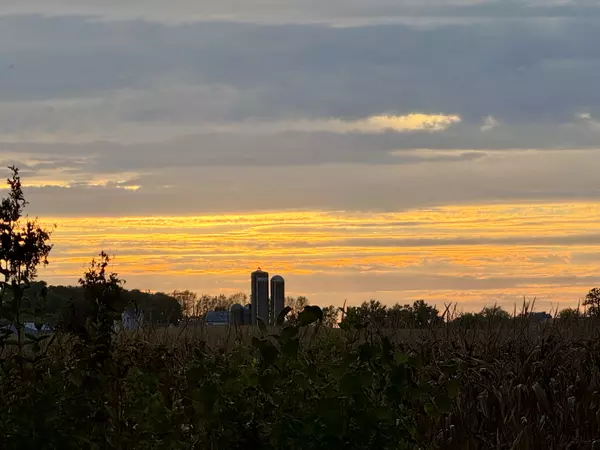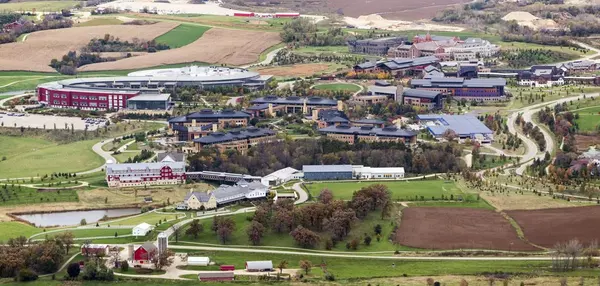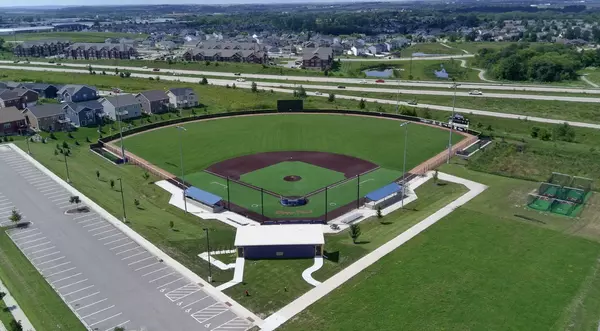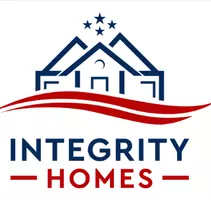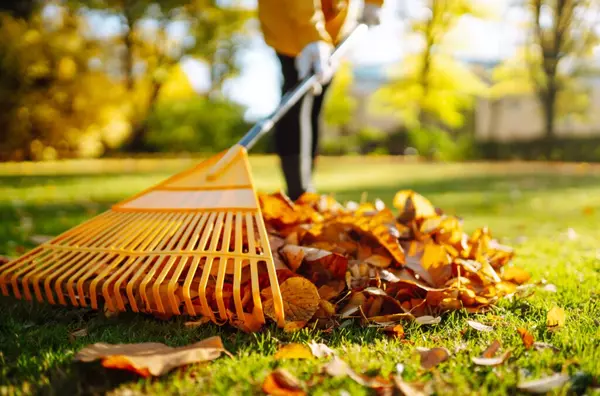
5 Things Every Homeowner in Madison Should Do Right Now
Things Every Homeowner in Madison Should Do Right Now Before Fall Published: August 18, 2025 | Madison, Wisconsin Madison homeowners, your home is your biggest investment. As a Madison WI real estate expert who's served our country, I know how important it is to protect what you've worked so hard t

Honored to Be Named a FastExpert Five Star Agent in Waunakee and Madison, WI
Honored to Be Named a FastExpert Five Star Agent in Waunakee and Madison, WI This one means a lot. I’m incredibly honored to be recognized as a FastExpert Five Star Agent. As John Reuter, a top Realtor serving Waunakee and Madison, this award reflects years of commitment — a national award that cele

Preparing Your Wisconsin Home for Winter: Essential Tips for Homeowners
As the crisp air and falling leaves signal the arrival of autumn, it's time for homeowners in Wisconsin to get ready for the impending winter season. Whether you're new to the Badger State or simply a first-time homeowner, preparing your property for the colder months is crucial to ensure safety, co
Categories
- All Blogs (226)
- All Things Waunakee (7)
- Benefits (7)
- Communities (12)
- Decorating (7)
- Deforest Wi Housing Market (3)
- Deployment (2)
- Easements (3)
- Energy Efficiency (4)
- First-Time Homebuyers (22)
- Home Inspection (1)
- Home Maintenance (1)
- Home Selling (19)
- Home Value (14)
- Homes for Heroes (8)
- Housing Assitance (7)
- Interest Rates (7)
- Madison WI Housing Market (3)
- Market Trends (86)
- Middleton Housing Market (3)
- Sun Prairie Wi Housing Market (3)
- VA Loans (5)
- Verona Housing Market (3)
- Veterans (8)
- Waunakee Housing Market (7)
- Well, Water, Septic Systems (4)
Recent Posts

